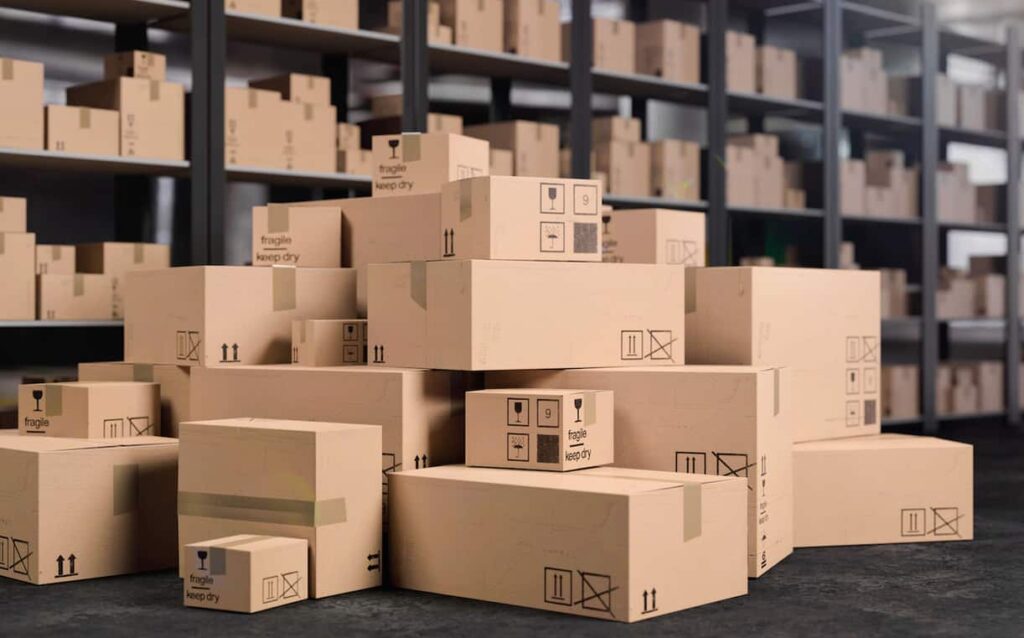
As a business owner, it is always important to consider the factors that determine the value of your business. One element that can negatively affect your business value is carrying large amounts of excess inventory. Managing your inventory levels in your business is essential to maximizing value.
Inventory management requires you to have a thorough understanding of the inventory needs of your business. Ideally, your business should be carrying enough inventory to meet regular demand, but not so much that the cost of carrying the inventory is greater than the added profit that inventory will generate. In the context of selling your business, a prospective buyer looking at your business as a possible acquisition will take into account the amount of capital they must invest in inventory at the time of acquisition. Additionally, carrying excess inventory can negatively impact the profits of your business in many other ways, reducing the price a buyer would pay.
Some ways that carrying excess inventory hurts your profits are:
- Interest – There is a cost of the capital that you have tied up in inventory which may be in the form of interest that you are paying for the financing of the inventory. With every sales transaction, cash is generated, which drives the operating cycle. Cash is used to purchase inventory and pay expenses. But when your inventory is too high, your cash is tied up in that inventory. In cases where inventory is not being converted to cash efficiently, the need for an increased line of credit is usually the consequence. Paying more interest on the increased debt will reduce your earnings over time and lower the value of your business.
- Storage – There is a cost for taking up space in your facility. You may be leasing more space than you actually need, and you may also have higher utility expenses that are associated with leasing this larger space.
- Handling – There is a cost associated with servicing and maintaining inventory such as material handlers and record keeping staff.
- Opportunity Costs – This cost is associated with the funds you have tied up that you cannot put to use elsewhere. This cost can be determined by evaluating what you could have done with the money if you hadn’t spent it on inventory, such as investing in upgraded technology, equipment, staff, or investments outside of the business. Any higher gains that could have been achieved from those other investments is a lost opportunity and is a cost of carrying inventory.
- Insurance – You may be paying higher insurance premiums than necessary to maintain excess inventory.
- Risk of obsolescence – There is increased chance for obsolesce, deterioration, or damage when you have too much inventory. Over time, this will drive down your gross profit margins as inventory will need to be written off or discounted for sale.
- Higher Selling and Advertising Costs – If you are carrying an excess level of inventory, you will incur additional and probably unplanned selling and advertising expenses in order to sell the excess merchandise.
There are other issues concerning inventory that can hurt the successful sale of a business. A business broker is skilled in navigating the business sale process, and will work with you to ensure issues such as inventory management do not negatively affect the sale of your business. If you would like to receive more information about selling your business, contact us today.
